When Kumveka started in 2009, I wrote these four goals under the banner of When We Are 7. As a former marketer for Procter & Gamble and missionary in China, starting a non-profit was a whole new world. And like most entrepreneurs, I confess that 1) 2016 seemed so far away, and 2) I wasn’t sure we would make it!
But here we are! Kumveka celebrated its 7th birthday last month. So allow me to evaluate our progress and share how what we’ve learned might make your ministry stronger.
How did we do? I give us a solid B. Here’s what that means, both for Kumveka and for you:
1. Track Record?
First, why is this important to us? Our Promise is to help ministries solve their communication problems. Our track record is our Proof. Thanks to the unbelievable talent Kumveka has recruited over the years, I would offer (and with kind endorsements from current and past clients) that we have done so. You can see and read more in our portfolio here.
What’s in this for you?
A Promise (or benefit) is only as strong as your ability to deliver. We call this Proof (or features—a reason to believe). Are you clear on your organization’s Promise to each of your audiences? Do you have a defined and compelling set of Proofs?
2. Scaled & Self-Sustaining?
We are on the way. We have grown and we have shrunk. Every day we are learning how to serve our clients better and build a viable financial model. According to Fortune, 90% of start-ups fail. The data is equally grim for the non-profit sector—especially in the first five years (whew!).
What’s in this for you?
We talk a lot about our Ministry Model (summarized in our Vision & Mission) and our Financial Model (largely project fees from ministry clients). We need the latter in order for us to do the former over time. Are you clear on your Ministry and Financial models? Does your team understand what is essential for both?
3. Pre-Funded Projects?
No. In fact, this is an area where our goal has changed. Doing free or pro-bono work often causes the recipient to value the work less (akin to some of the development principles in When Helping Hurts). But we can do better to adjust the scale of our solution to the scale of the need and ministry. This shift is opening up opportunities for us to serve a wider variety of ministries.
One exciting expression of that: we are doing more Marketing Coaching, most recently with the amazing team at Engineering Ministries International. It simply entails one of our team members working with a ministry to solve problems together. We offer best-practices and an outside perspective; they make it happen internally. Great stuff! Get in touch if you want to learn more.
What’s in this for you?
This is about understanding our audiences. Whether its team members, donors, or people who ultimately serve, when is the last time you asked them what their needs are? Warning: It’s a healthy exercise—and often humbling.
4. Healthy Lifestyles?
We are not a perfect place to work but we do take care of each other the best way we can. Often this means setting reasonable deadlines in order to maintain healthy boundaries with our personal lives. This is a marathon, not a sprint. I have found the expression, “it’s just for a season” is often the predecessor to creating destructive work/life habits. One tool for us is the Kumveka Standards, starting with Love Well (which includes our team, clients, donors, network).
What’s in this for you?
What drives your organization’s culture? Do you have a rally cry? A set of commonly understood expectations?
So now we go about setting goals for 2023—we’ll be a teenager! Any suggestions? What are your goals for the next 7 years of your organization?

